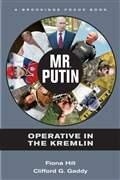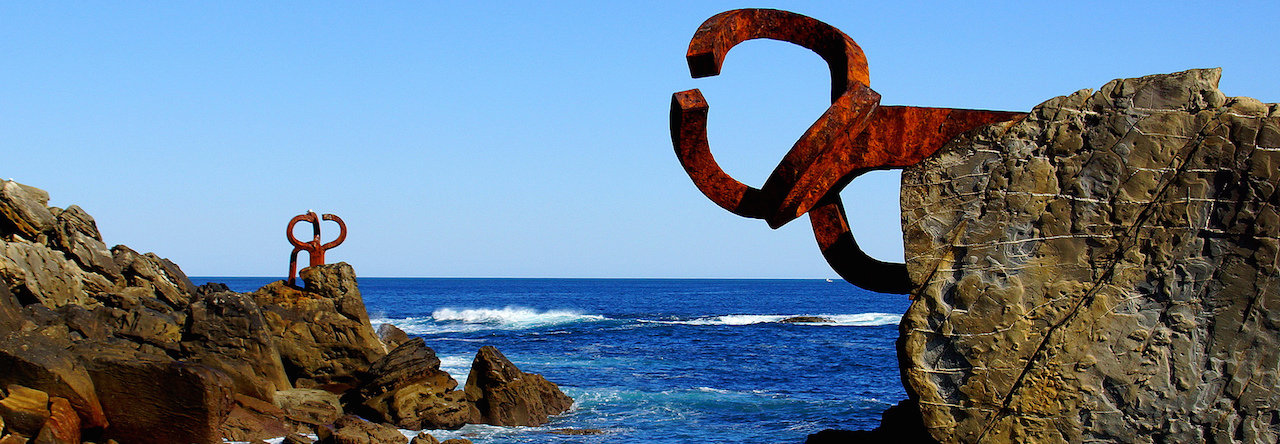This is not a time for leaders, it is said. The Heroes a fallen society waits for are not coming. Our leaders are manufactured and educated by the great Economicburó who governs the world on behalf of these spurious gods called ‘The Markets’. They are vanish leaders, somebody you can easily replace by another younger and more telegenic Premier. People say they do what the Bilderberg Club o the Davos Forum dictate like a loyal butler who never question an order. May be true.
But the fact is that the new generation of leaders are people without substance. They do not draw a singular personality, they do not spread personal values, public principles or an original way of pursuing the future. They are slaves of polls or social media. The master in riding the last public opinion wave is the man who will conquer the first place in society, although prior he must gain the support of the markets and their prophets.
 There are many examples of this new batch of political leaders. Two analysts of the Brookings Institution, Fiona Hill and Clifford Gaddy have described one of the outstanding, Vladimir Putin. In Mr Putin, Operative in the Kremlin, the start the book saying that no man or woman really knows who is Mr Putin. «Putin has been Russia’s dominant political figure for more than a dozen years since he first became prime minister and then president in 1999-2000. But in the years Putin has been in power we have seen almost no additional information provided about his background beyond what is available in early biographies».
There are many examples of this new batch of political leaders. Two analysts of the Brookings Institution, Fiona Hill and Clifford Gaddy have described one of the outstanding, Vladimir Putin. In Mr Putin, Operative in the Kremlin, the start the book saying that no man or woman really knows who is Mr Putin. «Putin has been Russia’s dominant political figure for more than a dozen years since he first became prime minister and then president in 1999-2000. But in the years Putin has been in power we have seen almost no additional information provided about his background beyond what is available in early biographies».
You can believe that the anonymous character of Putin is a result of his KGB background, where secrecy was a trademark, like in other inteligence institutions. But also you could consider that a biography is not a necessary tool for a man who invents himself every day according to the demands of his bosses and the far voice of the people. The important thing is the Russian leader is a perfect Politocrat who serves the private interests by managing with expertise the art of governance in a balanced and pseudodemocrat manner. The book offers clever arguments to understand the new generation of political leaders we have to expect for the following years.

Deja una respuesta